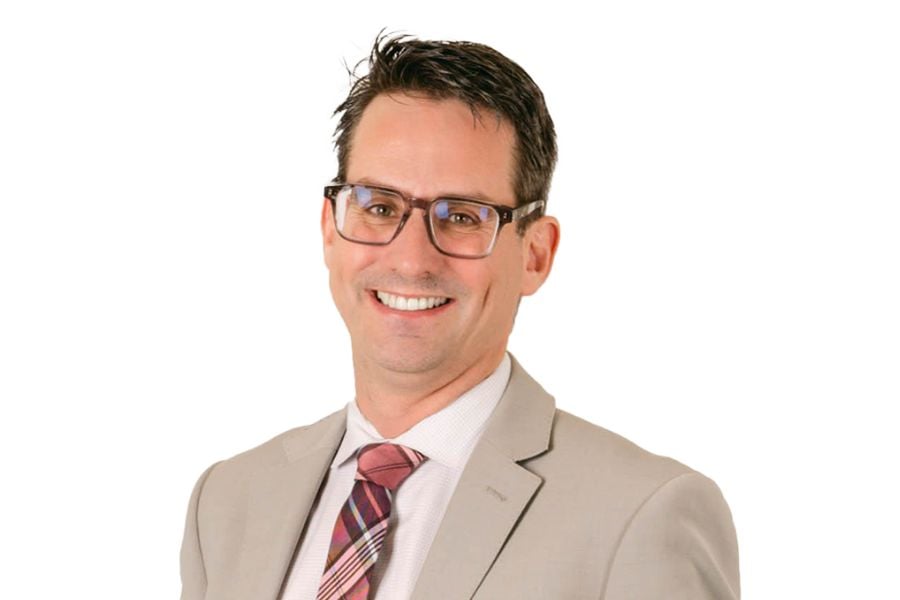
Trial judges are looking at experts more closely at qualification stage, says Howie Sacks & Henry's Joel Dick

A recent decision illustrates an increased judicial appetite for exercising its gate-keeping function, says Joel Dick, partner at Howie Sacks & Henry Personal Injury Lawyers.
“Trial courts are taking what the Court of Appeal said in the Bruff-Murphy decision and the Parliament decision quite seriously,” says Dick. “They are looking at experts more closely than we’ve been used to in the past and they’re exercising that inquiry at the initial qualification stage, not just when they’re assessing the weight of the evidence.”
In Moustakis v. Agbuya, the plaintiff sought damages for injuries sustained in a motor vehicle accident. The questions at issue during the 12-day jury trial concerned general damages, past income loss, and future income loss or loss of earning capacity.
Dr. Michael Ford, an orthopaedic trauma surgeon at Sunnybrook Hospital, was retained as an expert witness by the defence. During the voir dire, Dick, counsel for the plaintiff along with colleague Victoria Yang, took the position that there was no basis on which it would be agreeable to qualify Ford as an expert witness given that he showed “a willingness to go well beyond the scope of his expertise.”
Dick noted several examples in the doctor’s reports referencing possible psychiatric factors in explaining the plaintiff’s chronic pain as well as a reference to a Risk and Insurance journal article, Ford testified that he did not know if the journal was peer reviewed or not. The article focused on expanding symptomology as it relates to insurance fraud. Calling this “a gratuitous attempt to harm the plaintiff's case,” Dick and Yang contended Ford was a problematic witness and argued no instruction from the court would rectify the situation.
Justice Merritt sided with plaintiff counsel, noting that a judge must perform a cost-benefit analysis to determine if otherwise admissible expert evidence should be excluded because its probative value is outweighed by its prejudicial effect. Though it’s rare to exclude expert evidence on this basis, Justice Merritt restated many of the examples cited by plaintiff’s counsel to support her decision not to qualify Ford as an expert witness.
“As in the Bruff-Murphy case, the whole tone of the report is a reliable predictor of Dr. Ford's testimony,” reads the decision. “He goes beyond a mere lack of independence and appears to have adopted the role of advocate for the defence.”
Dick, who believes the judge made the proper decision in this case, sees it as another example of “a tightening of the trial courts’ initial gatekeeper function.”
“Trial judges are becoming more willing to look seriously at bias and to make the decision not to let the evidence in at all,” Dick, who delves into more details of the case and its ramifications in a recent blog, says. On the plaintiff side, “we have to be attentive and ensure we’re hiring experts who really are giving us the straight goods,” while for insurers and defence counsel, the message is you can’t go to the usual suspects.
From a practice perspective, Dick says he’s taking a stronger line in mediations and challenging opposing counsel earlier in the process: You hired Dr. X who hasn’t been qualified on numerous occasions — are you sure you’re going to be able to rely on this evidence? Having those conversations with defence counsel could result in more cases reaching settlement “because everyone will retain experts who do their best to provide an unvarnished and helpful opinion as opposed to what they think the plaintiff or the insurance company wants to hear.”
“This decision has a practice impact from our own selection of experts, how we vet opposing experts, and the positions we take all the way through a file to how we evaluate at trial,” Dick says. “The courts are increasingly willing to confront the usual suspects who do seem to give cookie-cutter opinions that are, for a number of reasons, biased.”